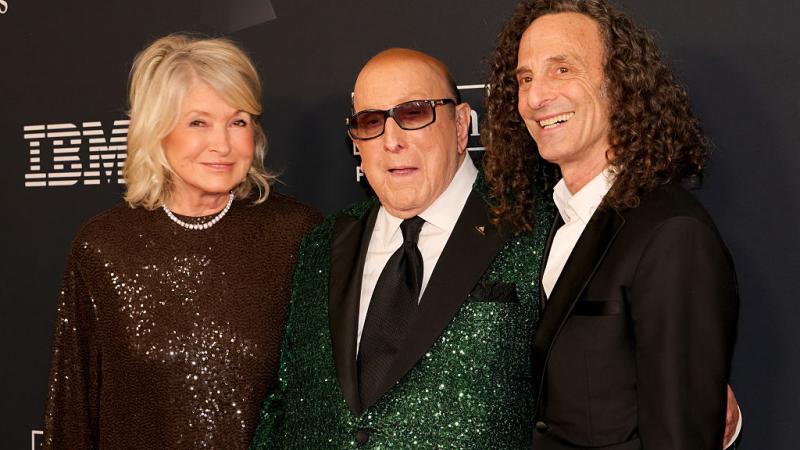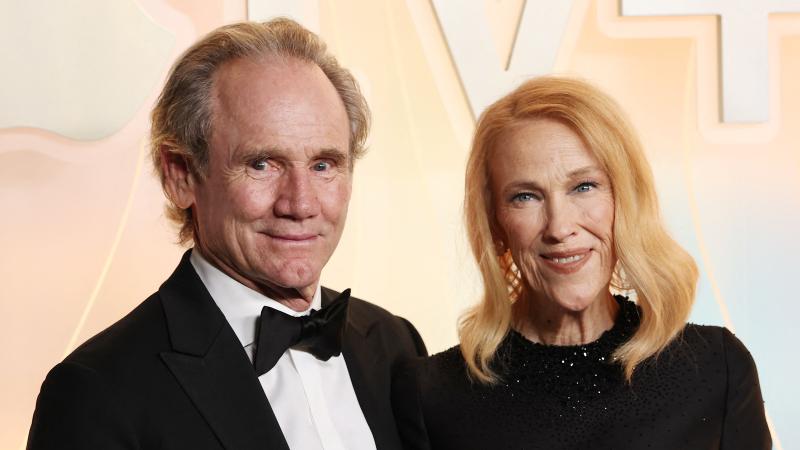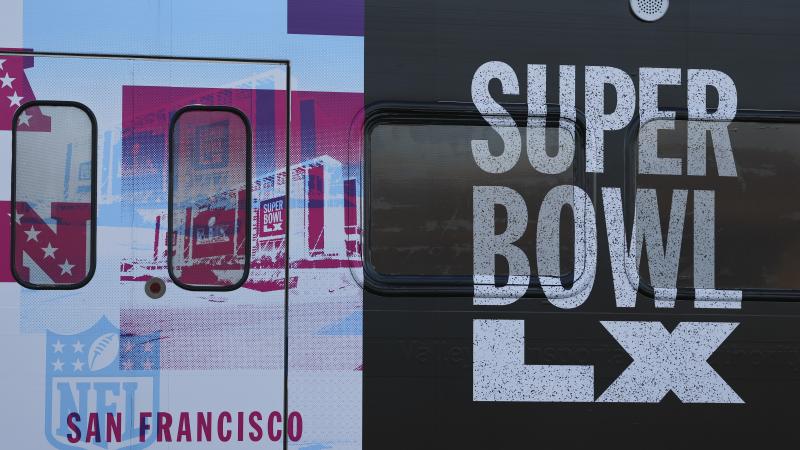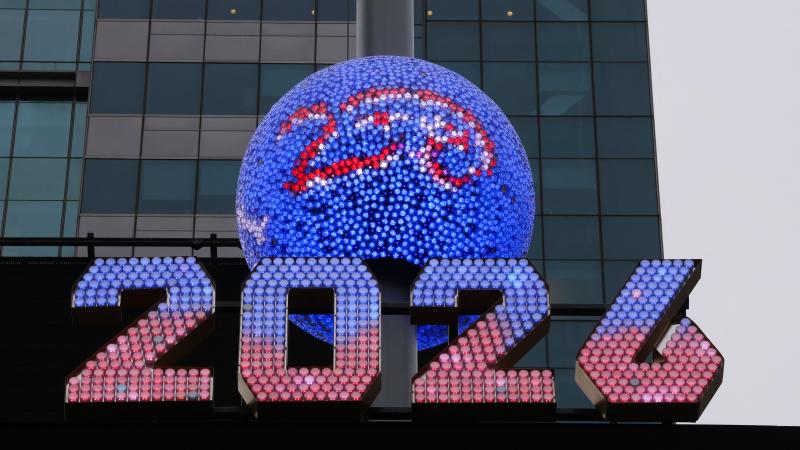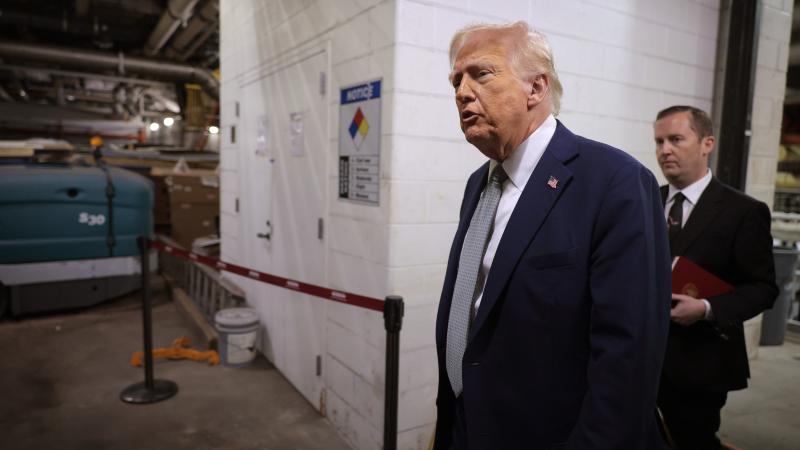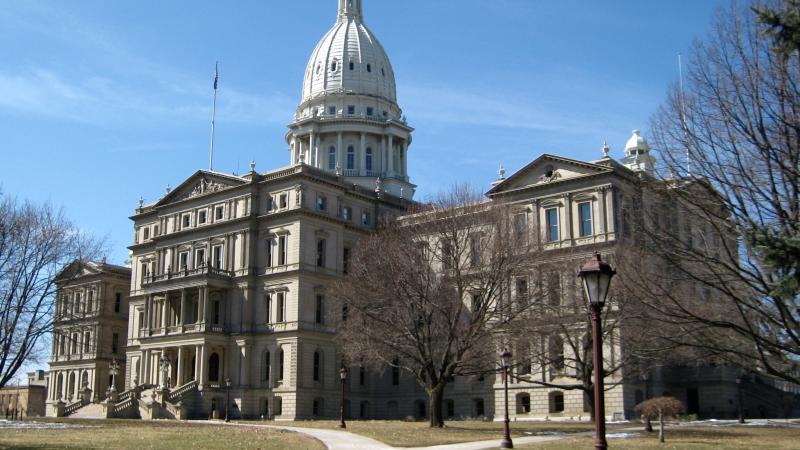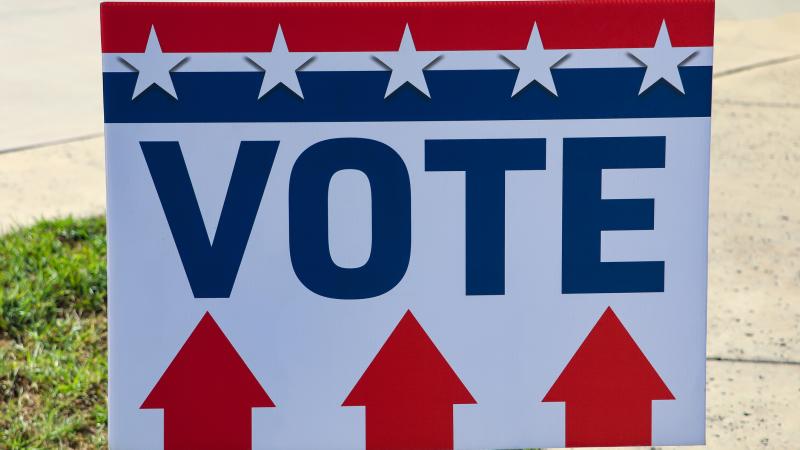Culture, sports and business worlds all dialing back support of 'Pride Month'
Has "Woke" worn out its welcome? After President Trump's 2024 election, wokeness across industries has started to wane. As such, companies are scaling down or eliminating public and financial support of Pride Month-related activities and initiatives.
After four years of failed social engineering, now it would appear that the United States is decidedly less "pride"-ful than in previous years, according to a look at currents in polling, politics, culture and business.
"Get woke, go broke" became an everyday phrase in 2023 during the Bud Light/Dylan Mulvaney scandal. Mulvaney, a biological male who presents as female, promoted the beer brand in an Instagram video highlighting their sponsorship of March Madness.
Prior to and following that marketing disaster, other companies faced similar backlash from customers who wanted these organizations to simply conduct business, provide goods and services, and not pander to the "diversity, equity, inclusion" agenda.
For its part, Anheuser-Busch InBev, the parent company that owns the Bud Light brand in North America, reportedly saw revenues drop by about $1.4 billion in 2023, primarily due to a decline in Bud Light sales in the United States after the product was eschewed by consumers and mocked widely for their business relations with Mulvaney.
Corporations walking back "woke" marketing
Despite this year marking the tenth anniversary of Obergefell v. Hodges, the Supreme Court case which legalized gay marriage, Pride events across the country are now facing funding shortfalls due to businesses and corporations scaling back or outright eliminating their sponsorship of such events.
San Francisco Pride faces a $200,000 shortfall, and NYC Pride is down $750,000 in funding from 2024, The Guardian reported.
A 2025 Gravity Research survey found a 60% drop in corporate Pride engagement from 2023 to 2024, with 39% of companies scaling back further in 2025.
Major brand names such as Mastercard, Citi, Pepsi, Nissan and PwC have pulled their sponsorship of NYC Pride, one of the largest Pride events in the world. Brands like Anheuser-Busch and Target have reduced their Pride sponsorships, citing economic concerns or backlash from conservative groups. This suggests corporations perceive a risk in identifying too closely with the movement, possibly reflecting fatigue among certain consumer bases.
Political pushback
In January, the Trump administration implemented a "One Flag Policy" that bans the display of Pride flags, along with other non-U.S. flags like Black Lives Matter flags, at U.S. embassies and State Department facilities around the world. The policy, reportedly issued by Secretary of State Marco Rubio on January 21, 2025, mandates that only the American flag, with exceptions for the Prisoner of War/Missing in Action (POW/MIA) and Wrongful Detainees flags, can be flown or displayed at these facilities.
Recent legislation, like Utah’s Pride flag ban, points to a segment of Americans—often aligned with conservative politics—who oppose the elevation of "pride" over traditional values, particularly the hot-button issues that come up: transgender athletes, tampon dispensers being required in high school boys' bathrooms, and the infamous "Drag Queen Story Time" programs launched by public libraries and schools.
Importantly, the ban also targets other flags, including political flags that support certain candidates or parties, like President Donald Trump’s “Make America Great Again” flags. The buildings can still fly the United States flag, the Utah state flag and military flags.
This could be interpreted as a form of cultural fatigue or, instead, a rejection of normalizing a lifestyle many sections of the public find extreme or offensive. The Biden administration publicly embraced LGBTQ+ characters and media influencers, inviting them to visit the White House.
Military returning to traditional values
On January 27, 2025, President Donald Trump signed an executive order titled "Prioritizing Military Excellence and Readiness," which reinstates and expands a policy from his first term, banning transgender people from enlisting and serving openly in the military. The order directs the Department of Defense to update its medical standards to disqualify individuals with a diagnosis of gender dysphoria or a history of gender transition, arguing that such conditions are inconsistent with military readiness, cohesion, and discipline. It also prohibits the use of pronouns that do not align with an individual's sex assigned at birth and bans sex-change surgery for service members.
Additionally, Secretary of Defense Pete Hegseth has ordered the United States Navy to rename its USNS Harvey Milk, an oil ship named after the first openly gay man elected to public office in California.
Sports marketing takes notice and dials it down
As of the publication of this article, nine NFL (National Football League) teams have declined to issue Pride Month proclamations. The Texas Rangers baseball team have also not issued a proclamation regarding Pride. Many sports enterprises have used social media to post fairly generic "celebrations" of "pride", but they are far less spendy than the in-person festivities and galas of years past. As for this year, NASCAR -- the stock car racing body estimated to be worth at least $3 billion, announced that they would post "Pride Month" messages on social media, but may have even backed away from that.
In 2023, the Los Angeles Dodgers met with intense backlash from their fans for allowing a queer and trans drag group called the "Sisters of Perpetual Indulgence" to perform at the team's Pride Night. The team hastily scheduled a Christian Faith and Family Night that drew thousands of attendees.
GLAAD (Gay and Lesbian Alliance Against Defamation) did not respond to a request for comment as of the publication of this article.
The Facts Inside Our Reporter's Notebook
Links
- Bud Light/Dylan Mulvaney scandal
- marketing disaster
- lost $1.4 billion in sales revenue in 2023
- mocked widely
- Obergefell v. Hodges
- shortfall
- Gravity Research survey
- pulled their sponsorship
- Pride flags
- pride flag ban
- Drag Queen Story Time
- inviting them to visit the White House
- Prioritizing Military Excellence and Readiness
- ordered
- intense backlash
- may have even backed away from that
- Sisters of Perpetual Indulgence
- Christian Faith and Family Night
